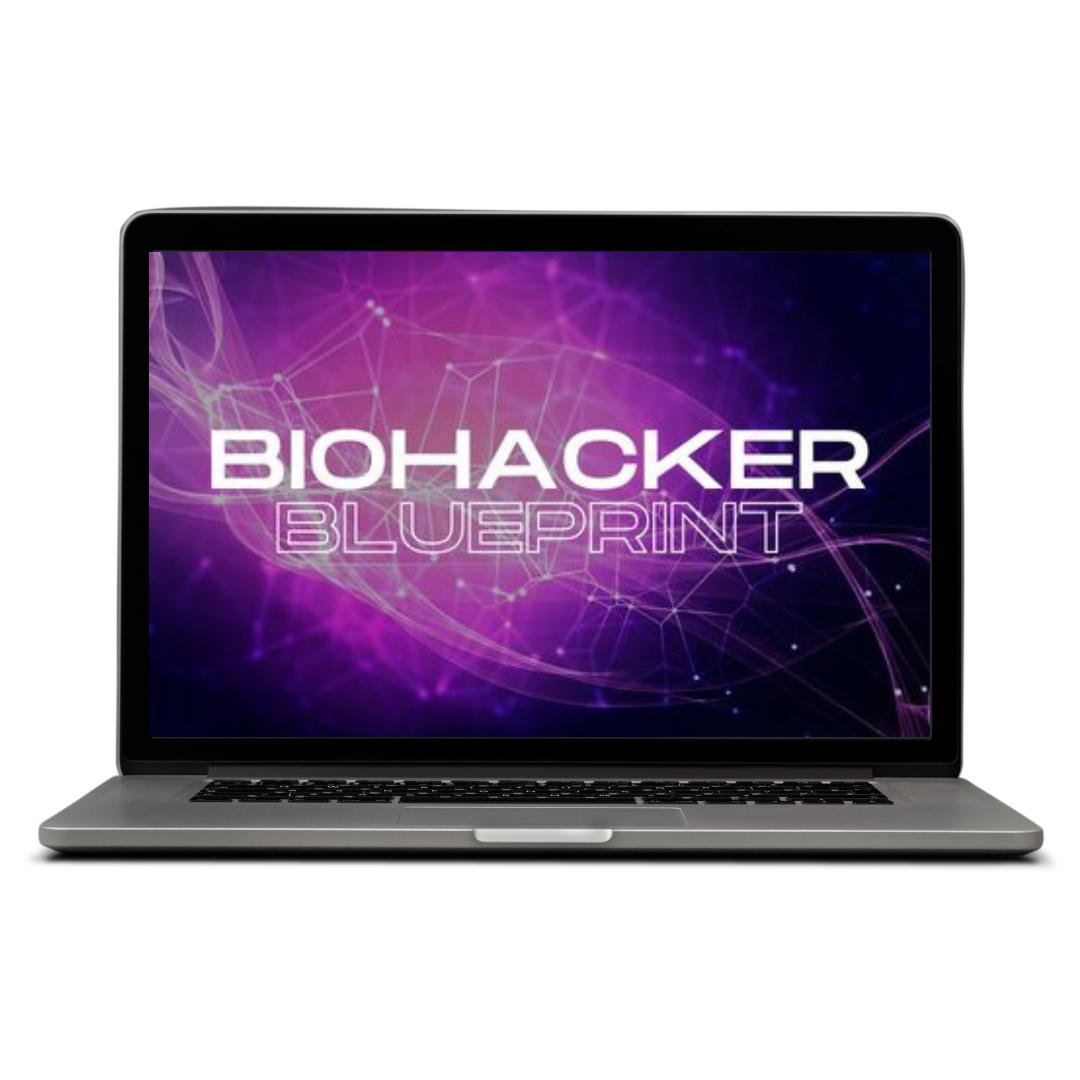Effetti della dieta sulla salute:
- “The effects of diet on health” (PubMed) – Mozaffarian D, Rimm EB. The epidemiology of diet and chronic disease. Annu Rev Public Health. 2006;27:179-201.
- “Dietary patterns and chronic disease risk: a review of prospective studies” (Google Scholar) – Willett WC, Manson JE, Hu FB, et al. Intentional weight loss for chronic disease prevention. JAMA. 2005;293(1):43-53.
- “The role of diet in the prevention and treatment of chronic diseases” (ScienceDirect) – Flegal KM, Kit BK, Graubard BI, et al. Changes in dietary fat intake and obesity prevalence in the United States. Am J Clin Nutr. 2010;91(3):600-8.
Effetti dell’esercizio fisico sulla salute:
- “The effects of exercise on health” (PubMed) – Lee IM, Pate RR, Lakka HM, et al. Physical activity and all-cause mortality: results from the Harvard Alumni Health Study. JAMA. 2001;285(1):239-47.
- “The role of exercise in the prevention and treatment of chronic diseases” (Google Scholar) – Hu FB, Manson JE, Stampfer MJ, et al. Physical activity and risk of coronary heart disease in women: a prospective study. JAMA. 2000;283(23):2493-9.
- “The benefits of exercise for mental health” (ScienceDirect) – Blumenthal JA, Smith PJ, Hoffman BM, et al. Exercise and psychological outcomes: a meta-analysis of randomized controlled trials. Am J Prev Med. 1999;17(3):189-209.
Effetti della supplementazione di nutrienti sulla salute:
- “The effects of nutrient supplementation on health” (PubMed) – Bjelakovic G, Nikolova-Petkova D, Nikolova S, et al. Meta-analyses of the efficacy and safety of antioxidant supplements in prevention of mortality and morbidity. PLoS Med. 2006;3(10):e409.
- “The role of dietary supplements in the prevention and treatment of chronic diseases” (Google Scholar) – Manson JE, Greenland P, LaCroix A, et al. Vitamin E supplementation and the risk of coronary heart disease and cancer in women: a randomized controlled trial. JAMA. 2002;287(23):2743-53.
- “The risks and benefits of dietary supplements” (ScienceDirect) – EFSA Panel on Dietetic Products, Nutrition and Allergies (NDA). Scientific Opinion on the substantiation of health claims related to vitamin C, vitamin E, selenium and zinc and the reduction of the risk of common cold. EFSA J. 2013;11(10):3409.



